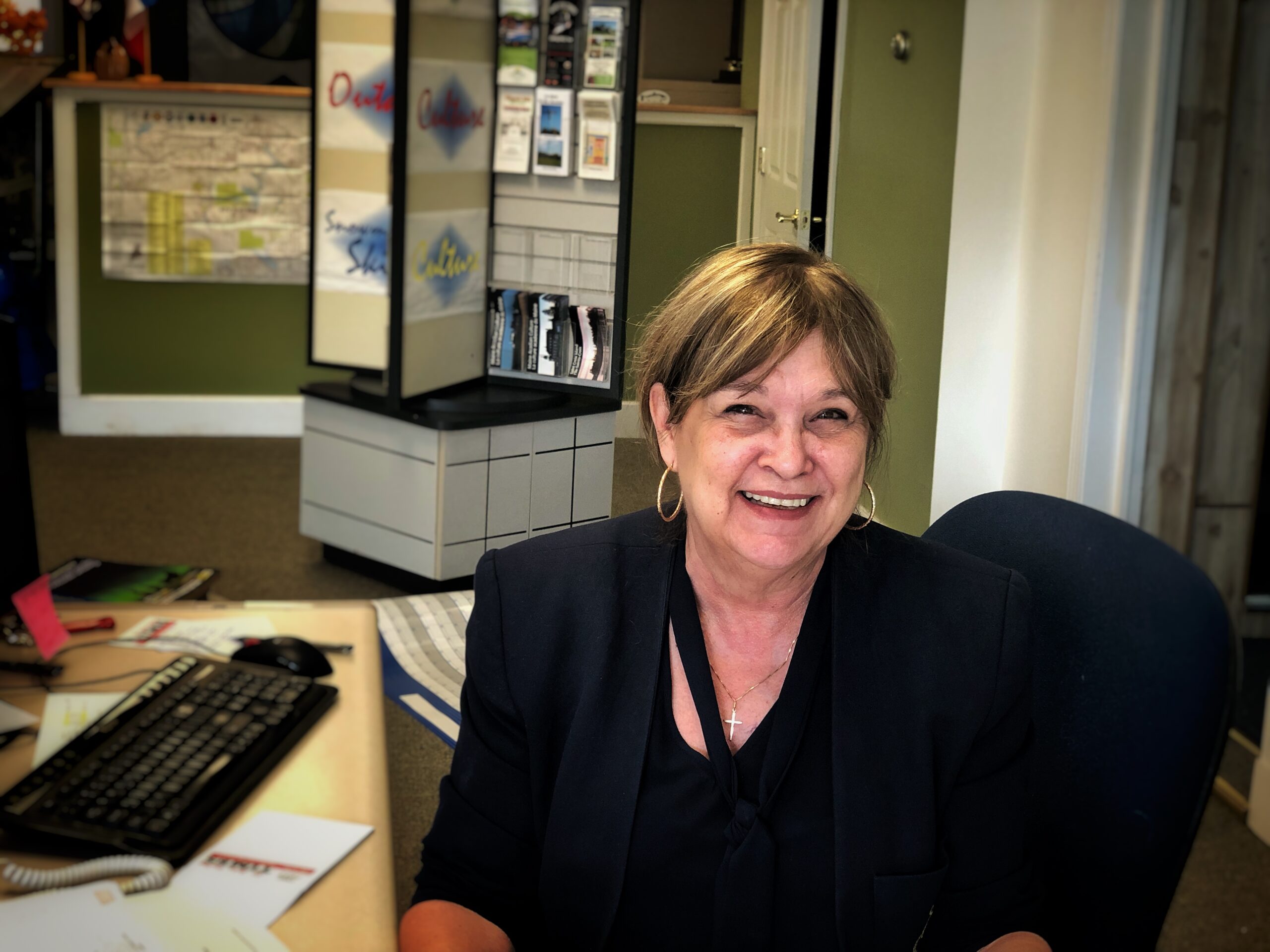MADAWASKA, Maine — Northern Mainers will soon have a unique opportunity to learn conversational Valley French, a language dialect spoken primarily in Maine’s St. John Valley.
It is the first year Le Club Francais is offering a series of classes to teach Acadian French to people, said Sharon Boucher, director of French programming for the club.
The class series is the group’s most recent effort to ensure that the French language is not lost in the St. John Valley, which shares the St. John River with Canada.
“Due to the influx of new people to the area, there is more of a demand for these classes,” Boucher said. “Some have returned to the area and want to refresh their French and some would like to better work with their older clients, like in nursing homes.”
The club already helped start Ma Petite Ecole, a pre-kindergarten school in Frenchville. which runs three days a week from October to June. Children speak French during activities and games in the program. And in 2021, representatives from several cultural organizations and businesses across the St. John Valley met to discuss how they could best combat outmigration and the loss of the French language, which is strongly linked to the region’s culture.
State rules prohibiting French in schools played a significant role in diminishing the language’s use in the region, Boucher said.
“At one point in time, the state school system mandated that no French be spoken in the schools,” she said. “We were punished if we did, and this discouraged a lot of families from speaking French with their kids, because they wanted them to do well in school. So, a lot of families lost their French, and some kids couldn’t communicate with their grandparents.”
But now several people in the region are requesting French classes, Boucher said.
Valley French is a dialect with a unique pronunciation that features some words particular to the St. John Valley, although it can be understood by people who speak other dialects, whether in Paris or Louisiana, Boucher said.
For example, the English word “car” is “char” in Valley French, but it is “voiture” in Parisian French. The English word “pants” translates to “culottes” in Valley French and “pantalon” in Parisian French. Window is “chassis” in Valley French and “fenetre” in Parisian French. And the color brown is “brun” in Valley French and more commonly “marron” in Parisian French.
While the classes are new, Le Club Francais and its mission to save the Acadian French language is not. The club was formed after a 1992 study showed that the American side of the St. John River valley was losing its ability to speak French.
Besides creating “Ma Petite E’cole” and “Mes Amis” classes for preschool students, it also offers after-school programs for children in kindergarten through fourth grade, and created signs for local businesses that read “Bienvenue, On Parle Français Ici,” or “Welcome, we speak French here.”
According to Data USA, a website that visualizes U.S. government data, 38,695 households throughout the state spoke French and Cajun in 2016, but 33,632 households in Maine spoke French and Cajun in 2020, representing a drop of 5,063 over a four-year period.
And while the state’s population increased from 1,331,476 to 1,362,359 between 2016 and 2020, or roughly 2.3 percent, Aroostook County’s population decreased from 68,319 to 66,804, or by roughly 2.2 percent.
French is still the most common non-English language spoken in Maine households. In 2020, 44.1 percent of the state’s non-English households spoke French, with Spanish the second-most common language at just 15.5 percent, according to the U.S. Census data.
Through speaking French, the region can continue to preserve its rich heritage, Boucher said.
Anyone interested in signing up can call Boucher at 207-299-4551. There are 10 hour-and-a-half-long classes costing $30 each. A date and time has not been finalized, but Boucher said they will likely be in early October in Madawaska.
Upon completing the classes, students should be able to have simple conversations in French, Boucher said.
“The more they have the ‘ear’ for the language, they will continue learning,” Boucher said. “We also want to continue offering these classes.”








